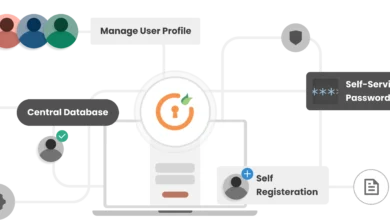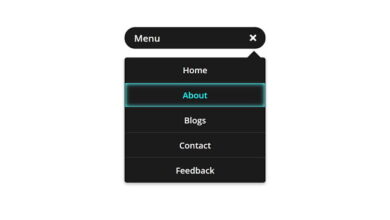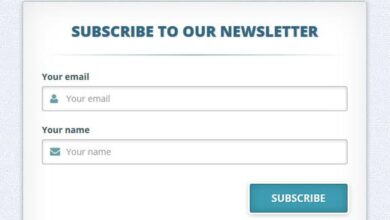The best way to learn Python Django Framework

Learning Django, the high-level Python web framework, can be a rewarding journey for aspiring web developers. Whether you are a beginner or an experienced programmer, mastering Django involves a structured approach. Here’s a step-by-step guide, highlighted with bullet points, on the best way to learn Django:
Establish Prerequisites:
- Ensure a solid understanding of Python fundamentals.
- Familiarize yourself with basic HTML and CSS for web development.
Official Documentation Dive:
- Begin with the official Django documentation.
- Comprehensive and well-structured, it provides the foundational knowledge required for Django development.
Understand Project Structure:
- Grasp the typical structure of a Django project, including models, views, templates, and URLs.
Hands-On Project Creation:
- Apply theoretical knowledge by creating a small Django project.
- Follow the official tutorial on the Django documentation to build a simple application.
Explore Django ORM:
- Understand the power of Django’s Object-Relational Mapping (ORM) for seamless database interactions.
- Learn to define models and execute database queries.
Views and Templates Mastery:
- Dive into Django views and templates.
- Connect views to templates for creating dynamic web pages.
Form Handling:
- Gain proficiency in Django forms for user input and validation.
- Learn how to handle form submissions in views.
Static and Media Files:
- Master handling static files (CSS, JavaScript) and media files (user uploads) in Django.
Authentication and Authorization:
- Explore user authentication and authorization in Django.
- Leverage built-in features for managing user accounts and permissions.
Unlock Django Admin:
- Familiarize yourself with Django’s admin interface.
- Utilize it as a powerful tool for managing your application’s data.
Middleware and URL Routing:
- Understand how middleware functions in Django.
- Grasp the intricacies of URL routing within the framework.
Optional Exploration of Django Rest Framework:
- If interested in API development, explore Django Rest Framework.
- A comprehensive toolkit for building Web APIs.
Testing Wisdom:
- Learn the importance of testing in Django.
- Write tests to maintain the integrity of your application.
Version Control (Git):
- Familiarize yourself with version control using Git.
- Essential for collaboration and code management.
Deploying Your Django App:
- Explore deployment options for your Django application.
- Platforms like Heroku, AWS, or DigitalOcean are popular choices.
Advanced Topics Exploration (Optional):
- Dive into advanced topics like Django signals, custom middleware, and integrating third-party packages.
Community Engagement and Resources:
- Actively engage with the Django community.
- Participate in forums, mailing lists, and attend meetups or conferences.
- Utilize platforms like Stack Overflow and Reddit for problem-solving.
Build Real Projects:
- Solidify your knowledge by building real-world projects.
- Start with small applications and progressively tackle more complex challenges.
Consistent practice, real-world application, and engagement with the Django community are key elements for mastering this powerful web framework. Follow this comprehensive guide, adapt it to your learning style, and enjoy the journey of becoming proficient in Django development.





